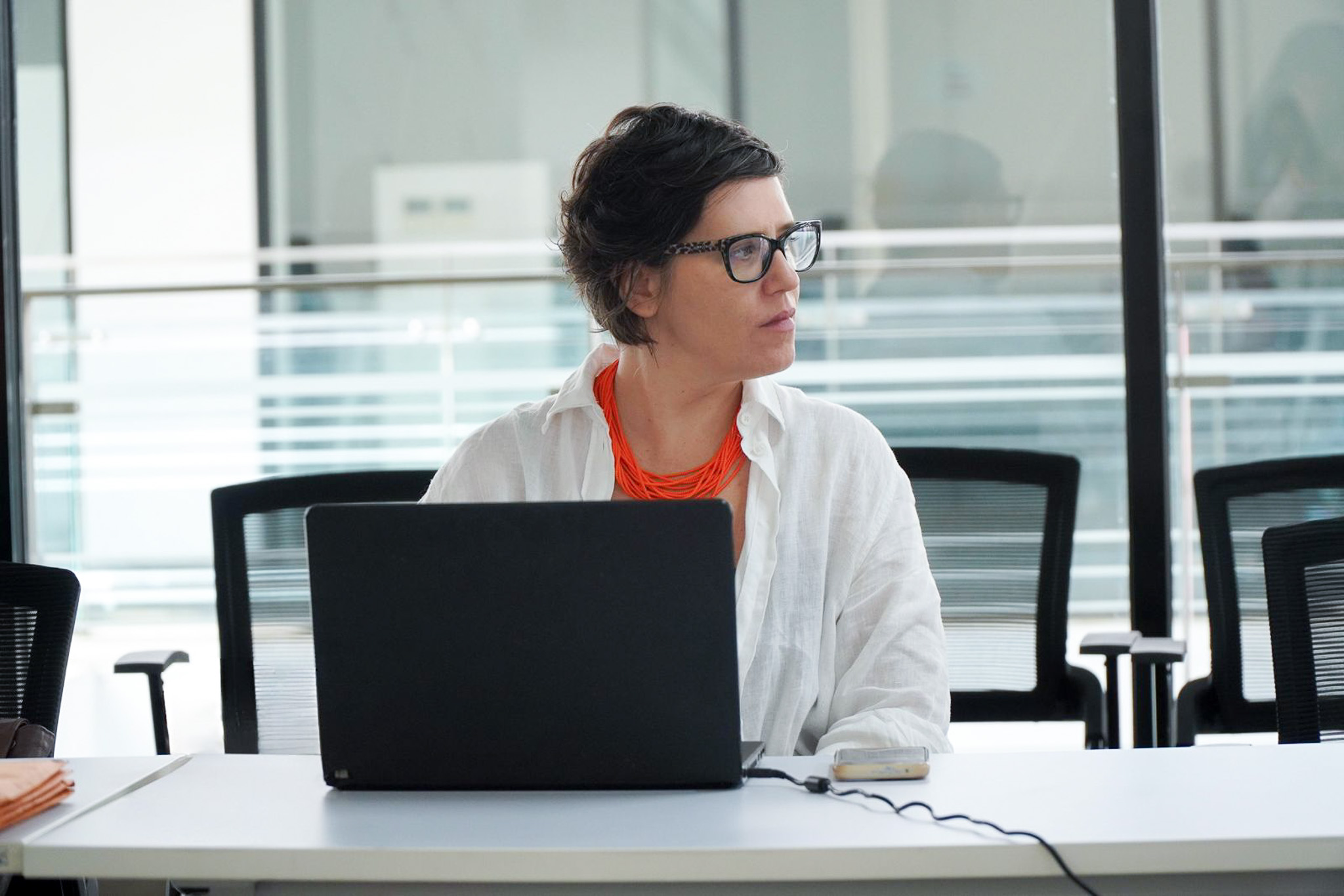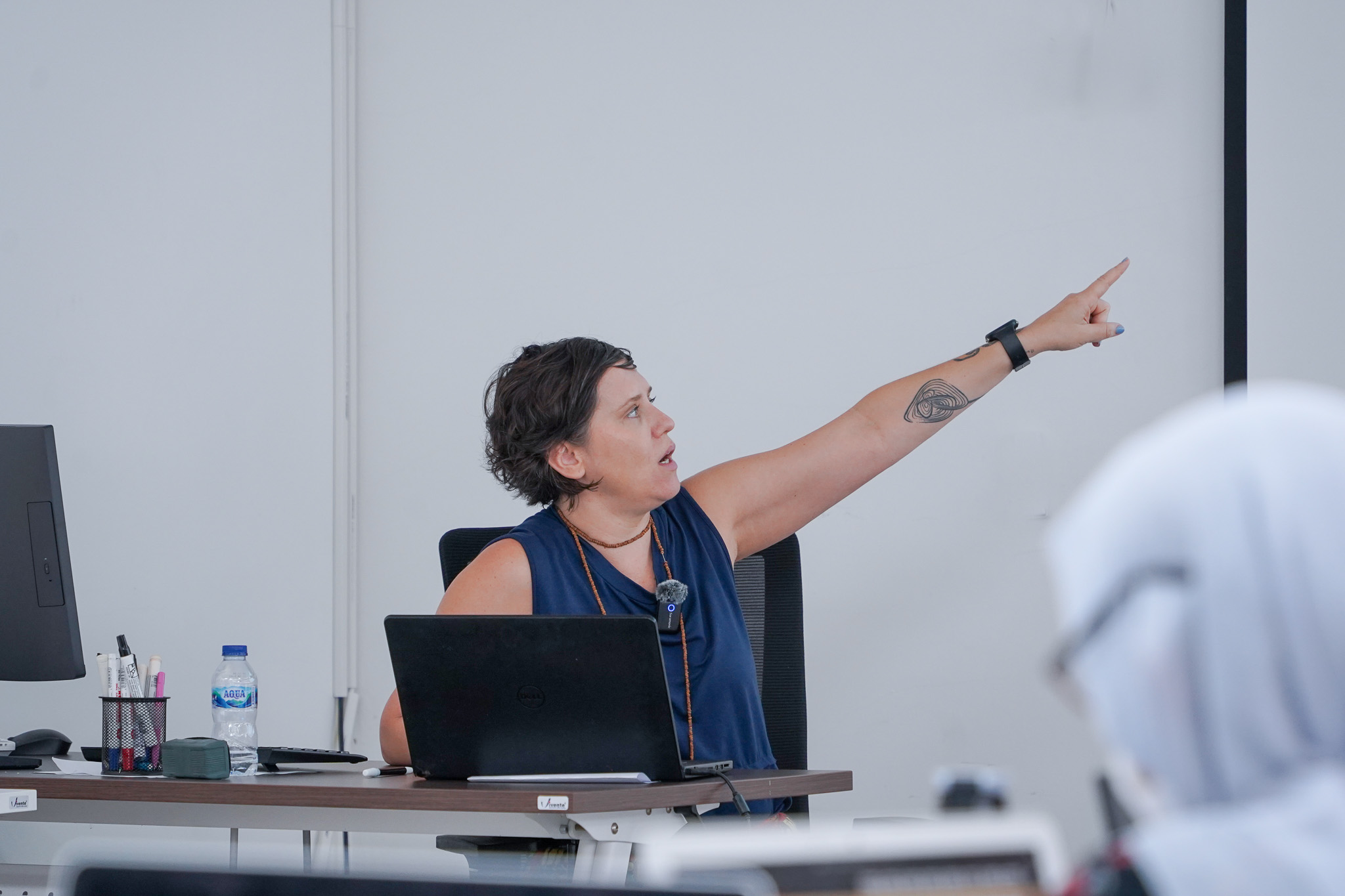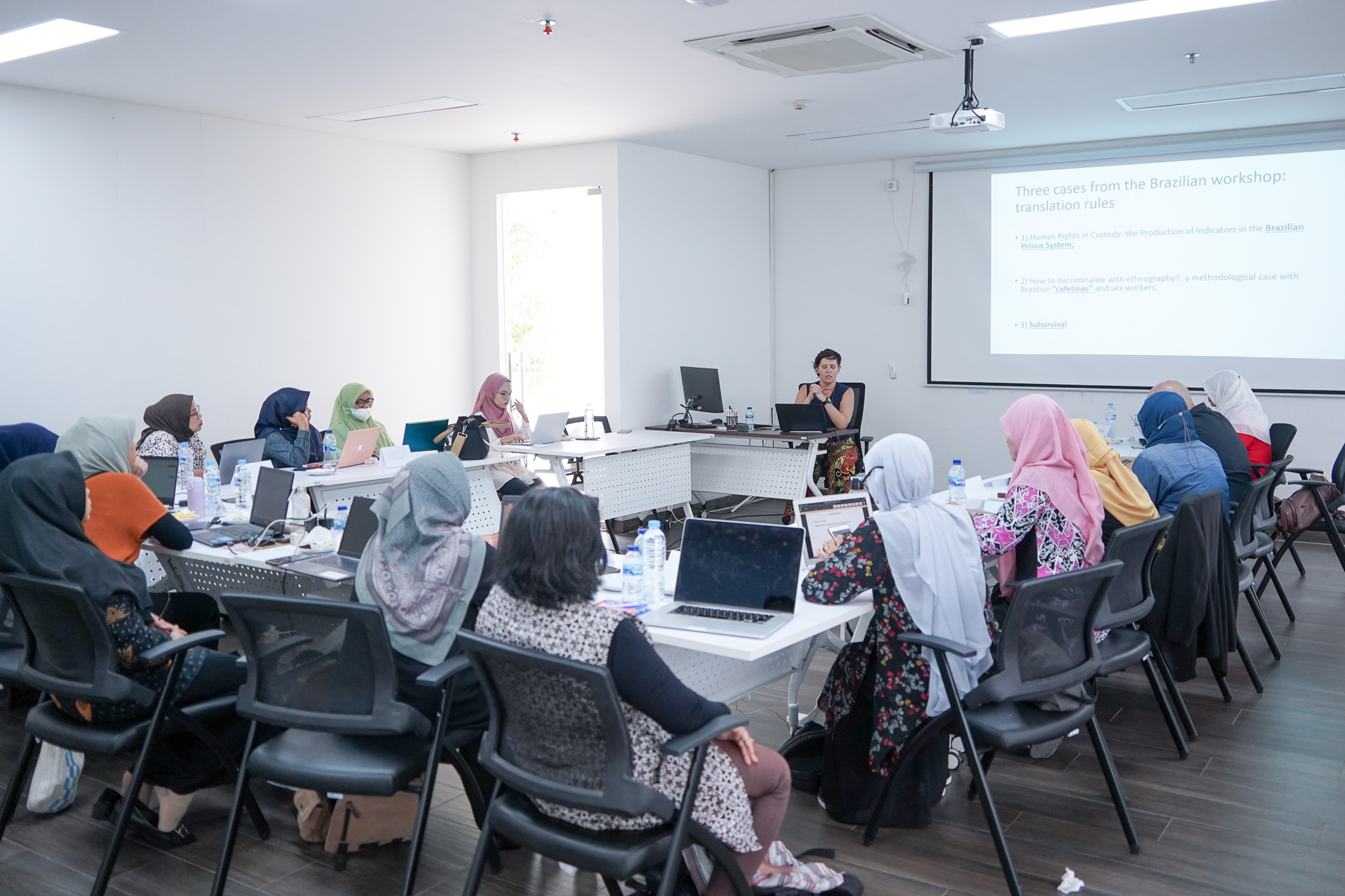‘UIII Has Potential to Further Development & Growth’: Prof. Camila Prando of Brazil

During her recent visit to Universitas Islam Internasional Indonesia (UIII), Prof. Camila Prando, a distinguished scholar from the University of Brasilia, shared her thoughts on the university's vibrant academic environment and potential for growth. Specializing in epistemological reform, Prof. Prando’s expertise lies in how knowledge systems evolve, and her impressions of UIII reflect her keen interest in the university’s efforts toward educational transformation.
"Before coming to UIII, I had the chance to speak with Prof. Nina about her experiences here," Prof. Prando remarked, referring to Prof. Nina Nurmila, the Dean of UIII Faculty of Education. "I am deeply impressed by the wide-ranging fields of research that are actively pursued at this institution. The diversity of perspectives brought by professors with different academic backgrounds is truly remarkable."
For Prof. Prando, one of the most notable aspects of UIII was its commitment to fostering effective education through a mix of disciplines and perspectives. "The different faculties and research areas contribute to a unique educational experience," she explained. "What stands out to me is the potential this university has for further development and growth. UIII offers a lot in terms of possibilities, and I hope it continues to nurture these strengths."

Prof. Prando’s interest in the university’s research was evident as she expressed her desire to observe the ongoing academic activities. "I would love to attend some classes to better understand the research projects happening here. There’s so much to learn from the work being done, and I’m eager to return and explore more in the future."
Prof. Prando’s visit was part of a decolonial writing workshop held at UIII in equipping early-career scholars with the skills to navigate and challenge academic structures that often marginalize voices from the Global South. Her positive remarks underscores UIII’s commitment to academic excellence. UIII is proud to have hosted such a distinguished guest, whose insights and perspectives will surely contribute to the university’s continued growth and success in advancing education and research on a global scale.
